Introduction:
In a world where natural remedies are often celebrated for their holistic benefits, not all of them come without risks. Doctors and health professionals have observed that some popular natural treatments can be more harmful than helpful. In this listicle, we’ll delve into 12 natural remedies that medical experts wish you’d stop using immediately. From ineffective practices to those that could pose serious health risks, you’ll gain valuable insights into safer alternatives and the science behind effective treatments. Buckle up as we explore these remedies and empower your health decisions!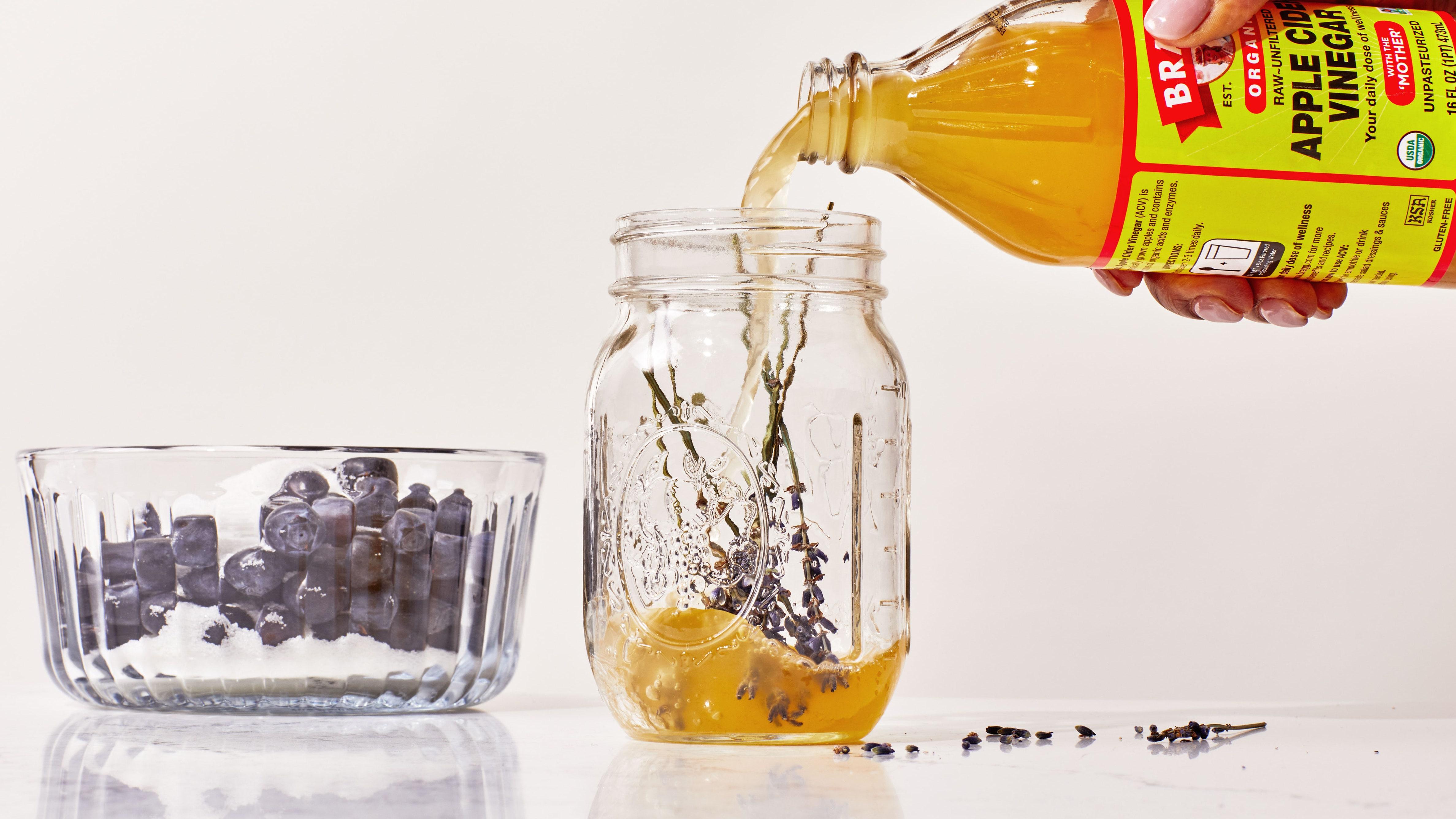
1) Apple Cider Vinegar for Everything: While its great in salad dressings, using it for medicinal purposes can be harsh on your teeth and stomach
Apple cider vinegar has become a trendy option for those seeking natural remedies. From enhancing salad dressings to purported health benefits, its versatility seems appealing. However, using it for medicinal purposes can lead to some serious consequences for your body. For starters, the acidity of apple cider vinegar is high, which can lead to enamel erosion over time if consumed in large quantities or undiluted. Protecting your pearly whites is essential, and there are better alternatives out there.
Additionally, many people report digestive discomfort after taking apple cider vinegar, particularly if taken on an empty stomach or in excess. Some reactions include:
- Stomach upset
- Heartburn
- Nausea
Consider using this tangy ingredient in moderation, sticking mainly to culinary uses. If you’re in search of natural remedies, there are safer options to explore that won’t jeopardize your dental health or digestive comfort.
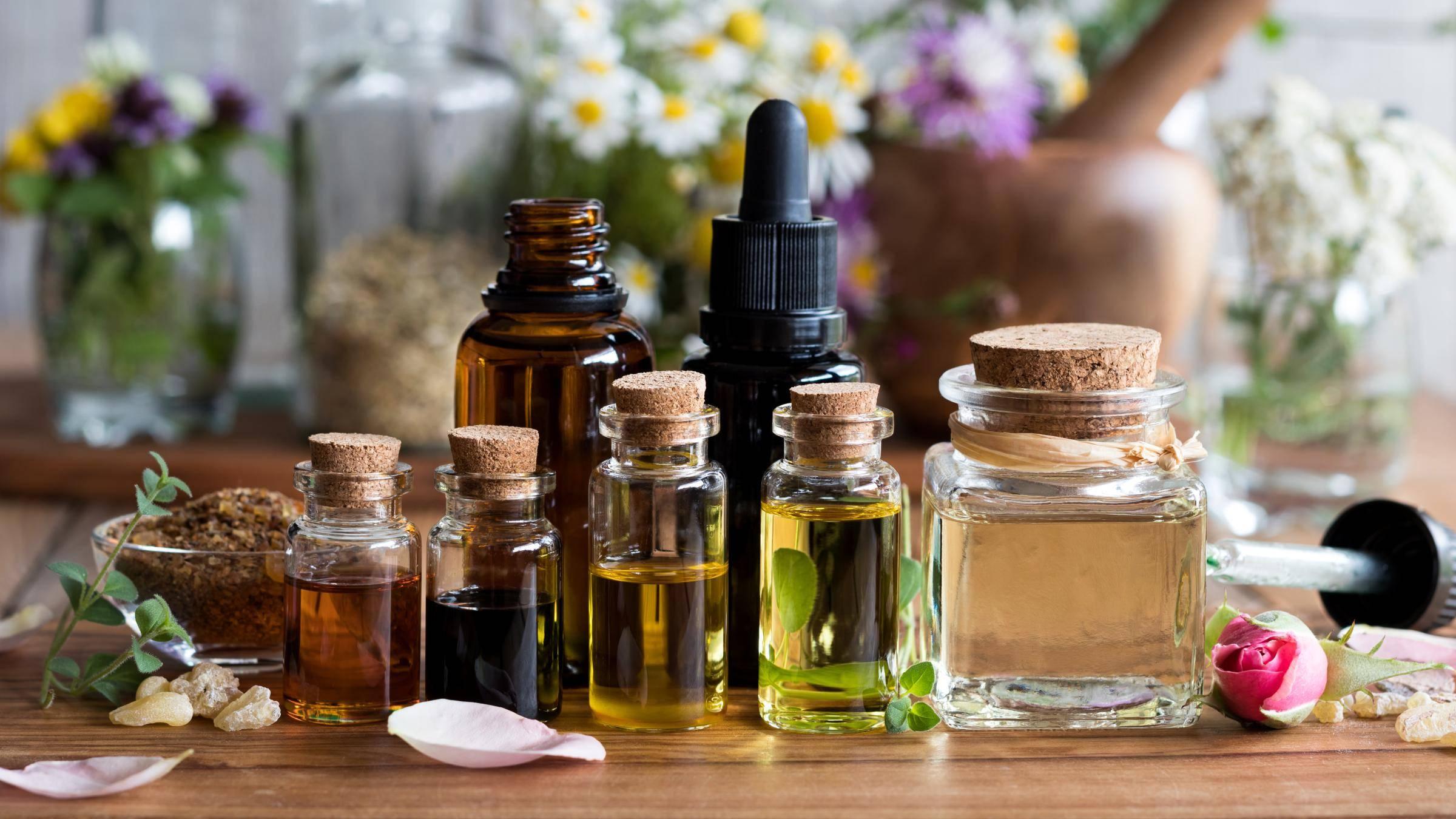
2) Essential Oils as a Cure-All: Many people swear by essential oils, but doctors caution against using them for serious ailments without professional guidance
Essential oils have taken the wellness world by storm, with many enthusiasts extolling their benefits ranging from relaxation to pain relief. However, while these potent plant extracts can offer a delightful aroma and certain therapeutic properties, relying on them as a blanket solution for serious health issues can be misleading and potentially dangerous. Here are some insights from health professionals:
- Misleading Claims: Some proponents claim that essential oils can cure ailments like migraines, asthma, or even cancer. While they may provide temporary relief for minor headaches or stress, there’s no strong scientific evidence supporting their use as a primary treatment for serious conditions.
- Risk of Adverse Reactions: Essential oils can cause skin irritation or allergic reactions, particularly when used undiluted. Additionally, certain oils can interact negatively with medications or exacerbate underlying health issues.
- Lack of Regulation: The essential oil industry is largely unregulated, meaning the purity and potency of oils can vary widely. This inconsistency can lead consumers to misjudge dosages or switch between products without understanding the implications for their health.
Doctors recommend consulting with a healthcare provider rather than self-medicating with essential oils, especially for serious ailments. Here’s a comparison of some common essential oils and their alleged uses, underscoring the need for professional guidance:
| Essential Oil | Common Use | Professional Guidance Recommended? |
|---|---|---|
| Lavender | Relaxation & Sleep Aid | Yes |
| Tea Tree | Acne Treatment | Yes for severe skin conditions |
| Peppermint | Digestive Aid | Yes for chronic issues |
| Eucalyptus | Sinus Relief | Yes for respiratory concerns |
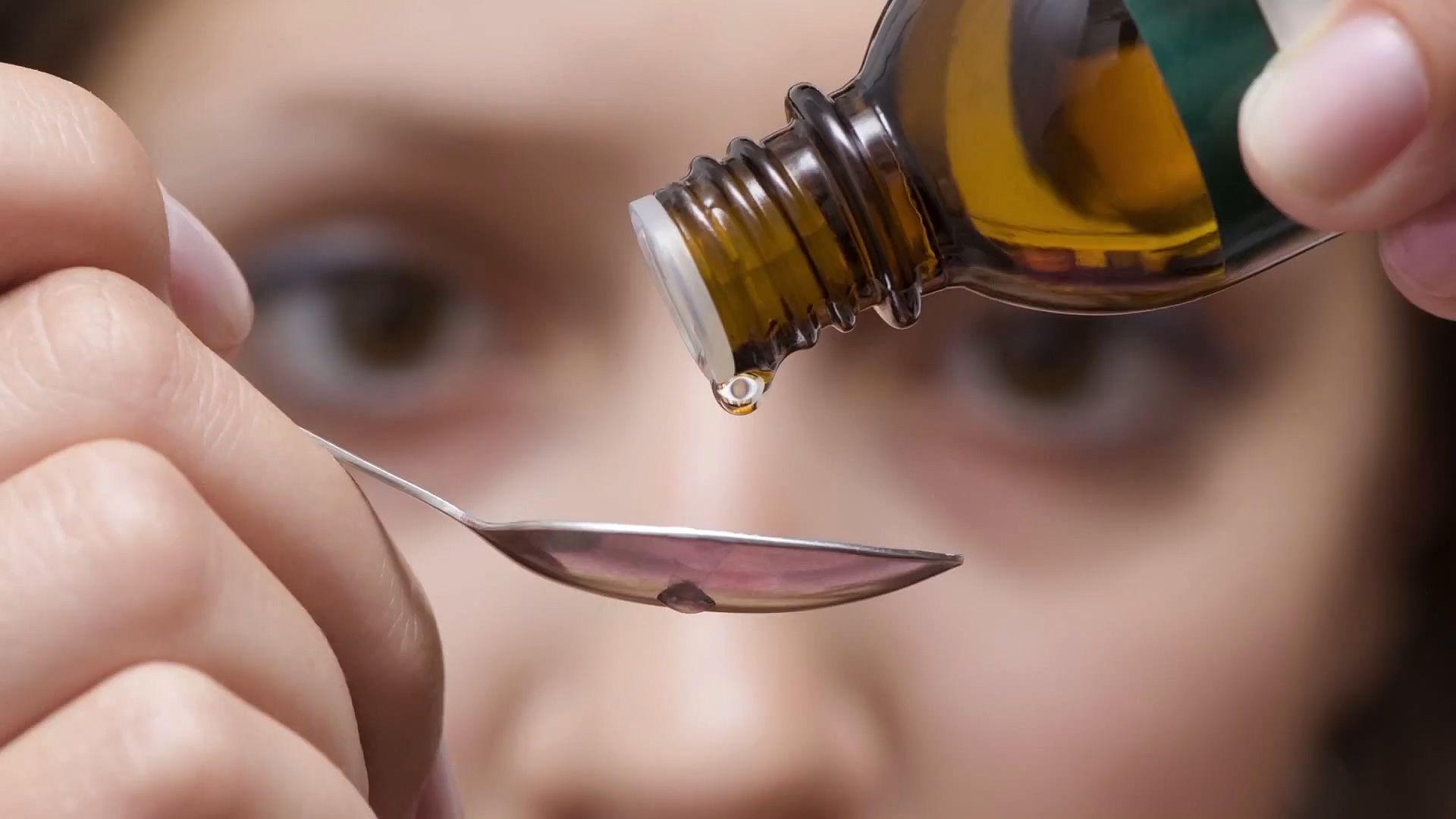
3) Homeopathic Remedies: These may seem harmless, but doctors often argue that they lack scientific backing and can delay effective treatment
Homeopathic remedies have gained popularity among individuals searching for natural alternatives to conventional medicine. However, the belief that these treatments can produce real healing effects has been increasingly challenged by medical professionals. While they are often marketed as gentle and safe, many doctors argue that these remedies not only lack robust scientific evidence but can also lead to dangerous delays in seeking appropriate medical care.
One of the major concerns with homeopathy is that it may cause people to ignore symptoms that require serious attention or treatment. This can be particularly harmful in cases of severe infections, chronic illnesses, or conditions requiring urgent care. In fact, a study found that people opting for homeopathic treatments were 25% more likely to postpone traditional medical interventions. Instead of helping patients heal, homeopathy can create a false sense of security that can have long-lasting consequences.
| Common Homeopathic Remedies | Reported Uses | Potential Risks |
|---|---|---|
| Arnica Montana | Bruising and muscle pain | Delayed treatment for serious injuries |
| Oscillococcinum | Flu-like symptoms | False assurance during viral infections |
| Rhus Tox | Joint pain and stiffness | Neglecting legitimate arthritic conditions |
Ultimately, while the charm of homeopathic remedies lies in their natural origin and holistic approach, it’s essential for consumers to remain vigilant. Consulting with healthcare professionals and relying on evidence-based treatments can help prevent unnecessary health complications and ensure you are giving your body the best chance for recovery.
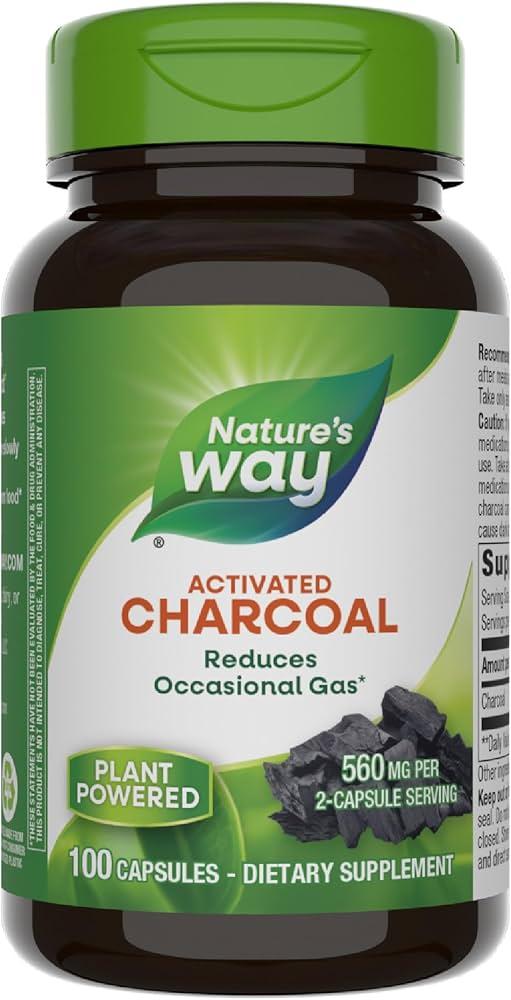
4) Overusing Charcoal: Activated charcoal is popular for detoxing, but it can absorb medications and nutrients, potentially harming your health
Activated charcoal has gained traction as a go-to solution for a range of ailments, from detoxifying the body to whitening teeth. However, this black powder comes with its own set of risks, especially when it comes to overuse. Though it can bind to toxins and help clear them from your system, it doesn’t discriminate between harmful substances and essential nutrients or medications.
- Mineral Deficiency: When activated charcoal is taken excessively, it can interfere with nutrient absorption, leading to deficiencies in vitamins and minerals crucial for your overall health.
- Medication Interference: If you’re on prescribed medications, be cautious. Activated charcoal can absorb these drugs, reducing their effectiveness and potentially putting your health at risk.
- Gastrointestinal Issues: Overuse might also lead to constipation and other digestive problems, negating any benefits you’re seeking from its detox properties.
Before incorporating activated charcoal into your routine, it’s wise to consult a healthcare professional. They can help evaluate your individual needs and advise you on safe usage. Remember, sometimes, less is more when it comes to holistic healing.
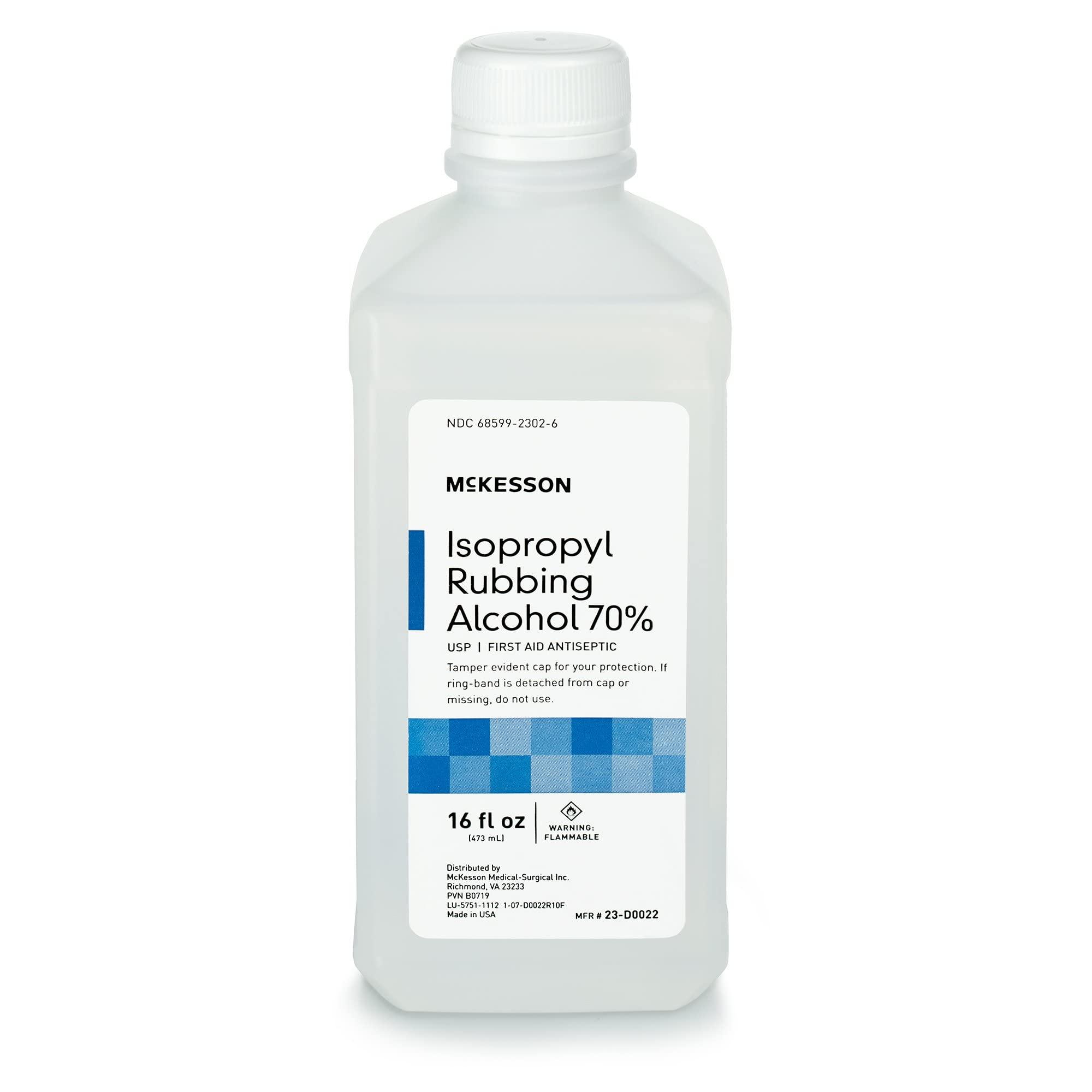
5) Rubbing Alcohol for Wounds: While it may disinfect, doctors recommend gentler options to avoid damaging skin and prolonging healing
Using rubbing alcohol on wounds may seem like a quick fix due to its antiseptic properties, but experts warn that it can actually do more harm than good. While its ability to kill germs is undeniable, the high concentration of alcohol can lead to significant skin irritation and delay the healing process. This is especially troublesome for those with sensitive skin, as well as for children who may experience unnecessary pain and discomfort.
Instead of reaching for that bottle of rubbing alcohol, consider opting for more compassionate alternatives that not only disinfect but also promote faster healing. Here are some gentler options recommended by medical professionals:
- Hydrogen Peroxide – A diluted solution can clean wounds effectively with less irritation.
- Salt Water – A saline solution can help clean without harming healthy tissue.
- Honey – Known for its natural antibacterial properties, honey can also keep wounds moist.
- Aloe Vera – This soothing plant helps reduce inflammation and speeds up recovery.
while it may be tempting to rely on rubbing alcohol for its disinfectant abilities, it’s wise to choose gentler treatments that enhance skin healing rather than hinder it. Your skin will thank you!
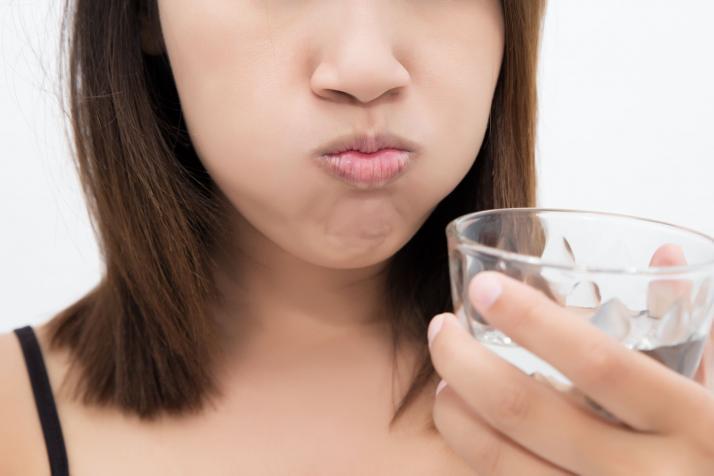
6) Oil Pulling for Oral Health: This trendy practice may not provide the dental benefits touted and could lead to neglecting regular dental care
Oil pulling, a practice that involves swishing oil in your mouth for several minutes, has gained a reputation as a natural solution for improving oral health. Proponents often claim it can whiten teeth, freshen breath, and even prevent cavities. However, while it may seem like an appealing alternative to traditional dental care, the evidence backing these claims is often lacking.
Here are some reasons to reconsider oil pulling:
- Limited Scientific Evidence: Research supporting the efficacy of oil pulling is minimal, with many studies showing inconclusive results regarding its benefits.
- Neglecting Essential Care: Relying solely on oil pulling can lead individuals to skip regular dental check-ups and proper oral hygiene practices like brushing and flossing.
- Possible Risks: Swallowing the oil after pulling can introduce harmful bacteria and toxins into the body, negating any potential benefits.
In light of these considerations, it’s crucial to view oil pulling as a supplement rather than a substitute for your oral health care routine. Prioritizing professional dental visits and evidence-based practices will always be the best way to maintain a healthy smile.
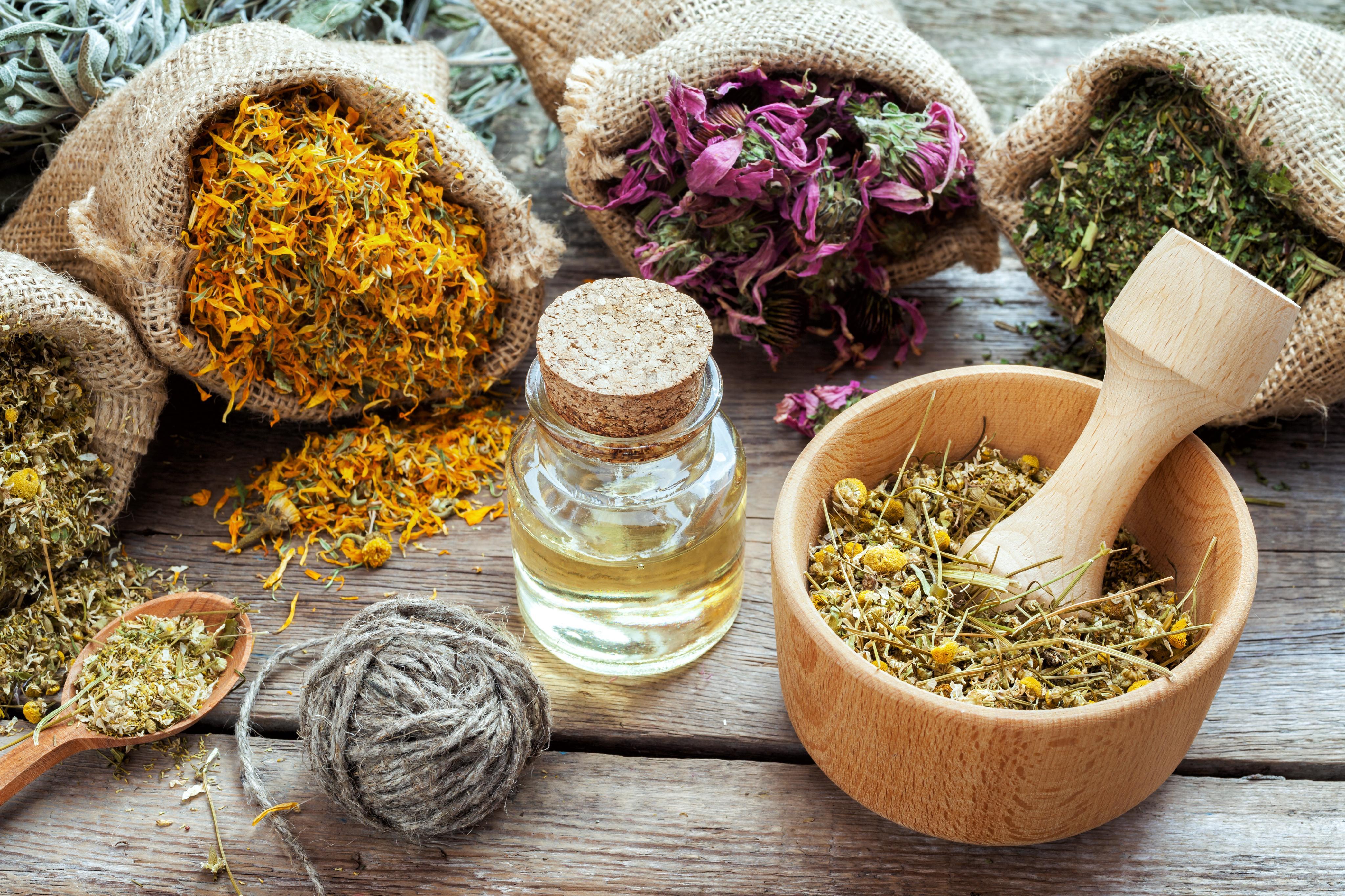
7) Herbal Supplements Without Consultation: While they can be beneficial, mixing herbal remedies with prescription medications can have dangerous interactions
Herbal supplements often lure people in with promises of holistic healing and natural benefits. However, what many do not realize is that these remedies can pose serious risks when taken without professional advice, especially in conjunction with prescribed medications. Popular herbs like St. John’s Wort, Ginkgo Biloba, and Echinacea are frequently misunderstood allies in our wellness quests but can lead to unintended consequences.
- St. John’s Wort: Known for its mood-boosting properties, it can significantly reduce the effectiveness of various antidepressants and birth control pills.
- Ginkgo Biloba: Often taken to improve cognitive function, it can heighten the risk of bleeding when paired with anticoagulants.
- Echinacea: While popular for immune support, it can interact negatively with immunosuppressants, reducing their effectiveness.
Many individuals assume that “natural” means “safe,” but this isn’t always the case. It is essential to remember that just because a product doesn’t require a prescription does not mean it is free from potential interactions with other medications. Consulting with a healthcare professional ensures that you make informed choices regarding your health.
| Herbal Supplement | Potential Interaction |
|---|---|
| St. John’s Wort | Reduces effectiveness of some antidepressants |
| Ginkgo Biloba | Increases bleeding risk with blood thinners |
| Echinacea | May diminish effect of immunosuppressants |

8) Honey as an Antibiotic: Although honey has some antimicrobial properties, relying solely on it for infections can prevent necessary medical treatment
While honey is often praised for its natural healing properties, it’s important to recognize its limitations as an antibiotic. Although this sweet substance contains some antimicrobial compounds, relying on it exclusively to treat infections can have serious consequences. Here are some key points to consider:
- Limited Efficacy: Honey may combat minor infections and help with wound healing, but it does not replace the need for antibiotics in serious cases. Bacterial infections such as strep throat or pneumonia require targeted treatment that honey simply can’t provide.
- Delay in Treatment: Using honey as a substitute for prescribed medications can lead to worsening infections, increased resistance to standard antibiotics, and complications that may require hospitalization.
- Potential for Contamination: Raw honey can carry spores of the bacterium Clostridium botulinum, which is especially dangerous for infants and can lead to botulism. Self-treating with honey puts vulnerable individuals at risk.
while honey can be a delightful addition to your diet and provides some health benefits, it should not be viewed as a panacea for bacterial infections. If you suspect an infection, consult a healthcare professional for appropriate treatment options rather than relying on natural remedies that might delay proper care.

9) Using Coconut Oil as a Sunscreen: While moisturizing, it doesn’t provide adequate sun protection, leaving you vulnerable to harmful UV rays
Coconut oil has become a popular go-to for many natural health enthusiasts, often touted for its moisturizing properties and delightful tropical scent. While it can serve as a great moisturizer, using it as a sunscreen is a risky choice that could leave your skin more vulnerable than you think. Here are a few reasons why you should reconsider:
- Low SPF Protection: Coconut oil has a natural SPF of about 4-5, which is significantly lower than the recommended SPF of 30 or higher for effective sun protection. This minimal coverage does not shield your skin from harmful UV rays that can lead to sunburn and long-term skin damage.
- False Sense of Security: Relying on coconut oil for sun protection can create a false sense of security. Users might spend extended periods in the sun, thinking they are protected, ultimately increasing their risk of sunburn and skin cancer.
- Skin Type Variability: Individual skin reactions to coconut oil can vary. For some, it may cause breakouts or clog pores, leading to acne or other skin issues, which is the last thing you want while out in the sun.
while coconut oil does have its merits as a moisturizer, it falls short in its ability to protect skin from sun damage. If you’re seeking sun protection, it’s far wiser to opt for a broad-spectrum sunscreen that suits your skin type and offers higher SPF values.
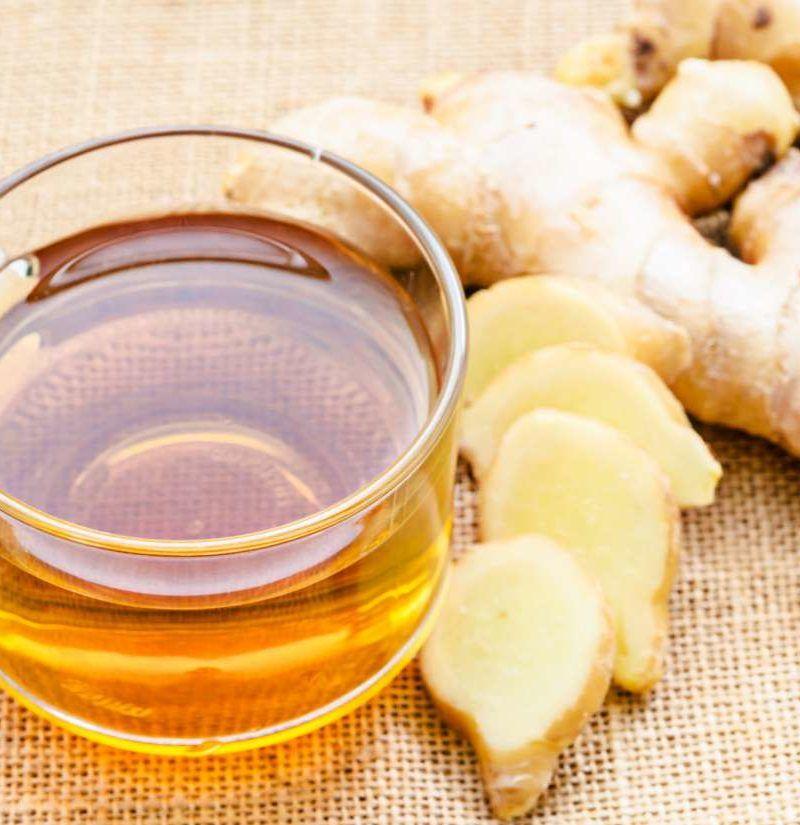
10) Drinking Excessive Ginger Tea: Though ginger can help with nausea, too much can lead to digestive issues and interact with blood-thinning medications
While ginger tea is often lauded for its ability to soothe nausea and aid digestion, overindulging can lead to some unpleasant side effects. Consuming excessive amounts can disrupt your digestive system, leading to symptoms such as heartburn, diarrhea, and stomach cramps. These issues arise because ginger stimulates the gastrointestinal tract, and too much of a good thing can easily become too much.
Moreover, ginger has blood-thinning properties, which can interfere with medications prescribed for conditions like heart disease. If you’re using ginger tea as a remedy while on anticoagulants such as warfarin or aspirin, the interaction can increase your risk of bleeding. For those who are also pregnant or have gallstones, it’s essential to exercise caution, as ginger might exacerbate these conditions. Balance is key, so instead of chugging the ginger tea, consider moderate consumption to reap its benefits without the downsides.
| Ginger Tea Side Effects | Interactions with Medications |
|---|---|
| Heartburn | Increases bleeding risk with anticoagulants |
| Diarrhea | May interfere with blood pressure medications |
| Stomach Cramps | Can affect diabetes medications |
Here’s the Bottom Line
As we wrap up our exploration of natural remedies that might not live up to their claims, it’s essential to approach alternative treatments with a discerning eye. While some may provide comfort, others can pose risks that outweigh the benefits. Always consult with a healthcare professional before trying any new remedy. Here’s to staying informed and prioritizing our health with safe, effective choices! Thanks for reading, and take care!





